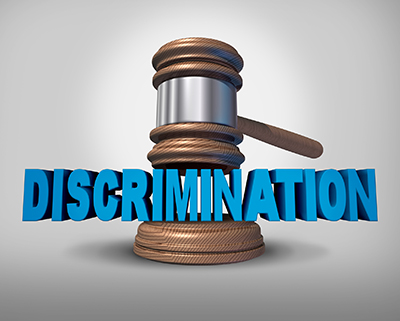On July 29, 2025, the U.S. Department of Justice (DOJ) issued a memorandum for all federal agencies titled “Guidance for Recipients of Federal Funding Regarding Unlawful Discrimination.” This memo directly applies to entities which receive federal funding, such as universities receiving federal grants or federally funded state agencies. In addition, the memo advises that entities subject to federal antidiscrimination laws—such as federal contractors and other private employers—review the DOJ’s guidance carefully to “ensure all programs comply with their legal obligations.” Let’s take a closer look.
Illegal Diversity and DEI Programs
The DOJ’s memo warns that many diversity, equity, and inclusion (DEI) programs may be unlawful, listing the following as examples of such unlawful practices:
- Programs whose eligibility is determined by race.
- Hiring or promotion practices intended to give preferential treatment on the basis of a protected status.
- Access to facilities or resources based on race or ethnicity.
The DOJ also cautions against the use of facially neutral criteria or other policies as proxies for protected characteristics. According to the memo, such proxies become unlawful when:
- The proxy is selected because it correlates with, replicates, or serves as a substitute for a protected characteristic; or
- The proxy is implemented with the intent to advantage or disadvantage individuals based on a protected characteristic.
According to the DOJ, examples of potentially unlawful proxies include “cultural competency” requirements used to screen for protected characteristics instead of objective qualifications and “geographic targeting” for employee recruiting because the geographic area correlates with a protected status.
The DOJ’s guidance further lists several examples of unlawful practices:
- Race-based “diverse slate” hiring policies.
- Sex-based preferences for contracting.
- Participation in programs limited by race or sex.
Diversity training programs that promote discrimination based on protected characteristics may be unlawful if they create a hostile work environment or impose penalties for dissent in ways that result in discriminatory treatment.
Conversely, the DOJ lists a multitude of “best practices” for covered entities, including employers:
- Ensuring inclusive access to programs.
- Focusing on skills and qualifications as opposed to characteristics such as race or sex.
- Prohibiting demographic-driven criteria to screen for hiring or promotions.
- Documenting legitimate, nondiscriminatory rationales for the use of criteria that may correlate with a protected characteristic.
- Scrutinizing neutral criteria for proxy effects on protected characteristics.
- Eliminating diversity quotas.
- Avoiding exclusionary training programs.
- Including nondiscrimination clauses in contracts with third parties and monitoring compliance.
- Establishing clear antiretaliation procedures and creating safe reporting mechanisms.
Takeaway
In light of the DOJ’s guidance, covered entities should review all policies, programs, and partnerships to ensure compliance with federal law and discontinue any policies that discriminate on the basis of protected characteristics.
Austin Taylor, an associate of The Kullman Firm, may be reached at agt@kullmanlaw.com. Martin J. Regimbal, a shareholder of The Kullman Firm, may be reached at mjr@kullmanlaw.com.

